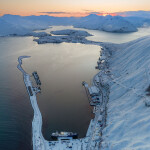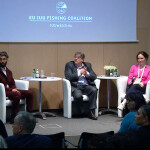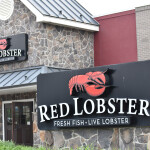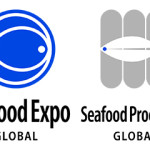A new report from the World Bank, the U.N. Food and Agriculture Organization (FAO), and the International Food Policy Research Institute (IFPRI) has reaffirmed previous statement by the FAO about the world's need for seafood in the future, and the role aquaculture will have in providing it.
The report, titled "Fish to 2030: Prospects for Fisheries and Aquaculture," predicts the state of world trade over the next 16 years, and concluded that by 2030 aquaculture will provide close to two-thirds of global food fish consumption.
The report cites "an emerging global middle class, especially in China" as the reason for a predicted increase in demand for seafood in the coming decades. Asia in particular, according to the report, is expected to make up 70 percent of global fish consumption by 2030. Even sub-Saharan Africa's population is expected to grow enough to see a 30 percent rise in total fish consumption in the region.
"With the world's population predicted to increase to 9 billion people by 2050 — particularly in areas that have high rates of food insecurity — aquaculture, if responsibly developed and practiced, can make a significant contribution to global food security and economic growth," said Árni M. Mathiesen, assistant director-general of FAO's Fisheries and Aquaculture Department.
Similar trends in aquaculture point to tilapia, carp and catfish being leading growth species leading up to 2030, according to Siwa Msangi of IFPRI, one of the report's authors.
"Comparing this study to a similar study we did in 2003, we can see that growth in aquaculture production has been stronger than what we thought," Msangi said.
Juergen Voegele, the World Bank's director of agriculture and environmental services, said the predicted trends mean that aquaculture providers need to begin working today on ensuring that seafood production is done sustainably and efficiently.
"Supplying fish sustainably — producing it without depleting productive natural resources and without damaging the precious aquatic environment — is a huge challenge," he said. "We continue to see excessive and irresponsible harvesting in capture fisheries and in aquaculture, disease outbreaks among other things, have heavily impacted production. If countries can get their resource management right, they will be well placed to benefit from the changing trade environment."





